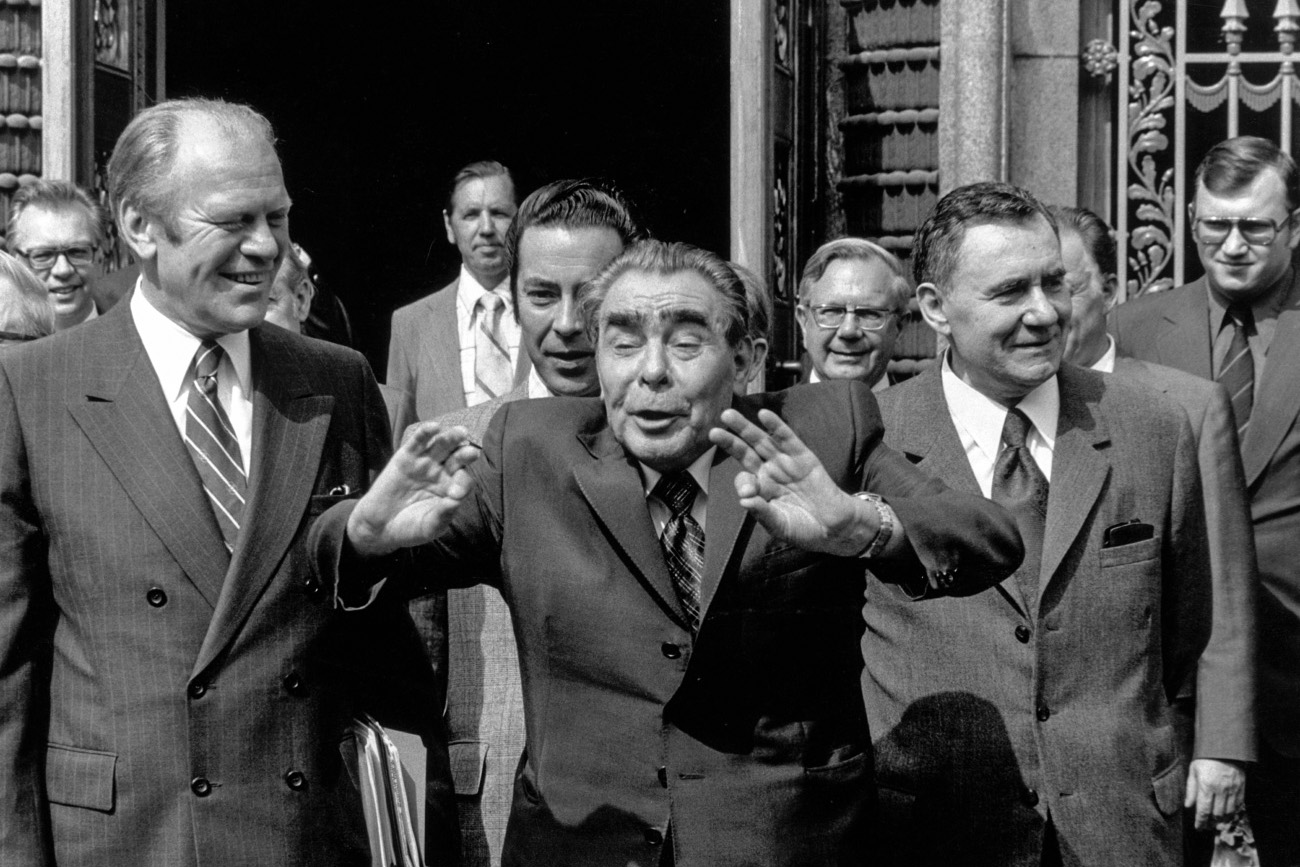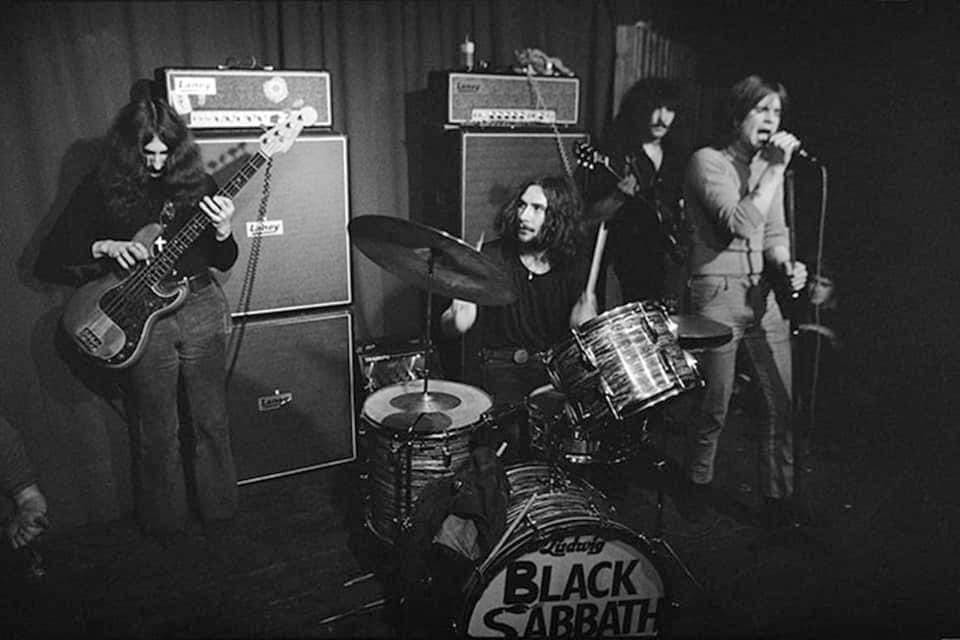
Hong Kong’s Nine Dragons District Becomes Hunting Ground for UBS
Oct. 23 (Bloomberg) — UBS AG is seeking to bolster its position as the largest manager of private wealth in Asia by looking for millionaires in an unlikely place: the lower-income part of Hong Kong.
Switzerland’s largest bank is searching for clients in Kowloon, a name derived from the Cantonese translation for “nine dragons,” and the New Territories, said Amy Lo, the Hong Kong and Greater China head for UBS’s wealth unit.
While average incomes are 27 percent lower on the north side of Victoria Harbour than on Hong Kong Island, the business people include toy, electronic and plastics entrepreneurs who like being closer to their factories in mainland China. UBS is targeting as many as 25,000 such individuals who each have at least $1 million in cash and liquid assets, according to Lo.
“A lot of these people are baby boomers who are going through transitions in their lives and need succession planning,” Lo said in a phone interview on Oct. 20. “This is a relatively new group of clients, with many of them running private, unlisted businesses.”
As part of efforts to tap this wealth, Zurich-based UBS added 100 client advisers in Hong Kong in the first eight months of this year, taking its total to more than 400, Lo said.
While Hong Kong Island boasts attractions such as The Peak and the spectacular architecture of the Bank of China Tower, Kowloon is known for shopping spots for mainland tourists and the densely populated streets of Mong Kok, the scene of near riots during this month’s pro-democracy demonstrations. Part of Kowloon was once home to a walled city famed for lawlessness and gangsters.
Poorest Districts
The income disparities that may be fueling the student-led protests are evident in Kowloon and the New Territories, where households earned a median monthly income of HK$22,131 ($2,853) in 2013, compared with the island’s HK$30,150, government data show. In the poorest districts of Sham Shui Po and Kwun Tong, earnings were less than HK$18,000 a month.
Still, the number of high net-worth entrepreneurs in Kowloon and the New Territories about equals the figure for the island, the traditional base for the wealthy elite, according to estimates provided by Lo. UBS wants to boost its share of the Kowloon-New Territories market to more than 10 percent from the current single-digit percentage, Lo said.
Most Hong Kong residents live north of the harbor: 5.98 million people, or about 82 percent of the total population, were projected to be living in that area as of June, according to a government study last year. The territory, a former British colony, may be home to as many as 100,000 high net-worth individuals, Lo said.
Cabbage Patch
This month, UBS had its first major client event in Kowloon, 50 years after the firm started operating in Hong Kong out of a suite in a Hilton Hotel, Lo said. Displays at the event showed products such as Cabbage Patch dolls and Lee Kum Kee oyster sauce that have been manufactured by the area’s business people.
While Kowloon-based entrepreneurs use bank lending services, they are less familiar with wealth management and private-banking products, Lo said.
“It’s good that UBS is starting to explore this market segment,” said Irons Sze, president of the China Manufacturers’ Association of Hong Kong. His organization has 3,700 members — 75 percent of whom are based in Kowloon and the New Territories — who are “more conservative about managing wealth and need advice to be more aggressive on investing,” Sze said.
China Profits
The association’s members have mainly invested in term deposits and buying yuan, he said in a phone interview. Many small-to-medium-sized enterprises, while not big names, have profited from China’s economic growth, and would have billions of Hong Kong dollars of assets, Sze said.
Global banks have been vying with Asian firms to tap the burgeoning ranks of rich people in countries such as China and India where economic growth outpaces the global rate. The number of Asia-Pacific millionaires grew 17 percent last year, the most among six regions, according to estimates from Cap Gemini SA and Royal Bank of Canada.
In 2013, UBS retained its position as the largest wealth manager in Asia with year-end assets of $245 billion, according to a Private Banker International study released this month. Citigroup Inc. was second with $238 billion, the study showed.
To contact the reporter on this story: Cathy Chan in Hong Kong at kchan14@bloomberg.net To contact the editors responsible for this story: Chitra Somayaji at csomayaji@bloomberg.net Paul Panckhurst, Darren Boey



































